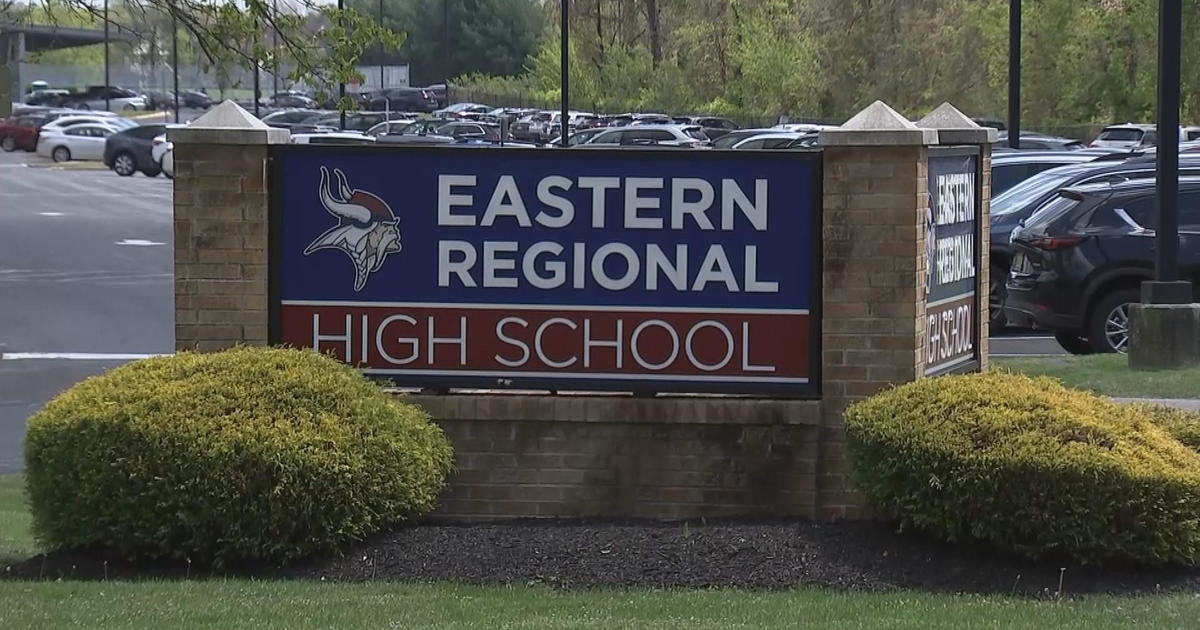New Castle County's Innovate Approach To Tackling COVID Through Wastewater Testing Garners National Attention
NEW CASTLE COUNTY, Del. (CBS) -- One year ago, at the height of the pandemic, New Castle County tried something different. Officials there began testing the wastewater for COVID-19.
The innovative approach to tackling the virus paid off and has captured national attention.
When we spoke with New Castle County officials last April, they had just started working with the start-up BioBot Analyitcs in an effort to track and study traces of COVID-19 in wastewater.
The idea is that studying sewage is a more accurate indication of community infection rates, since it is not limited by only people with COVID-9 symptoms getting tested.
"I wasn't that confident that it would actually work," said New Castle County Executive Matt Meyer.
But it did. In a big way.
One year later, the county's testing is being done by researchers at the University of Delaware's Center for Environmental and Wastewater Epidemiological Research. About three months ago, the science of sewage was put to use on campus when testing began on waste that was coming out of dorms.
"They can very quickly detect [and say], 'Oh wait there's a spike in COVID-19 levels in this dorm, we don't have to shut down the whole campus,'" added Meyer.
The sewage of three New Castle County high schools is also being tested with the goal of expanding district-wide.
Vaccination efforts are even being assisted by the data.
"If we see a spike in a certain area we can then focus the vaccine in the area," said Meyer, who added that the information goes beyond the location of the virus.
The information no longer just reveals where the virus is but how deadly it might be, according to Meyer, who says that by running samples through advanced genomic machinery, researchers are able to detect what variants of the virus are present in the community.
Following New Castle County's lead, the CDC announced that it is developing a national Wastewater Surveillance System, a move that Meyer feels is crucial.
"I think we should be implementing it so that next time there is a COVID or Ebola or SARS, MRSA anywhere in the world, we can activate this early warning system and every sewer system in the country can start testing on a daily or weekly basis," Meyer said.



